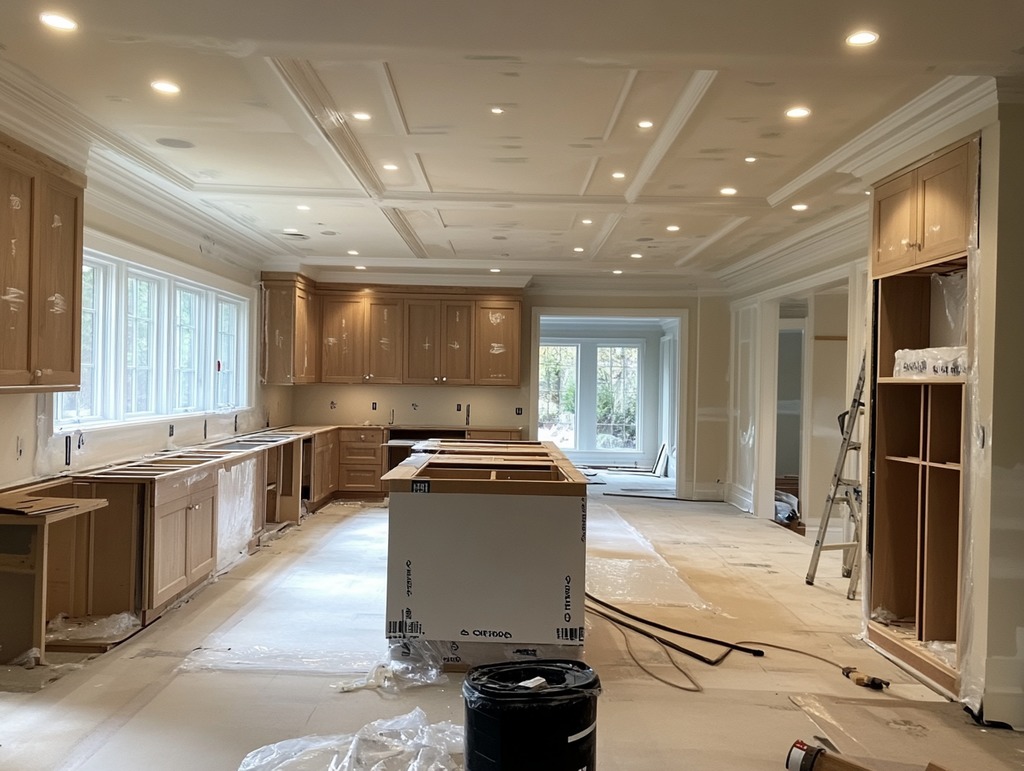When it comes to homeownership, most people think about tracking their home’s value only when they’re getting ready to sell. However, staying informed about your home’s worth is beneficial even if you have no immediate plans to move. This post explores the many reasons why knowing your home’s value is essential for homeowners at every stage.
Financial Planning and Budgeting
First and foremost, understanding your home’s current market value plays a significant role in your overall financial planning and budgeting. Your home is likely one of your most significant assets, and its value can impact your net worth and financial health.
- Equity Building: By keeping tabs on your home’s value, you can monitor how much equity you’re building over time. This is particularly important if you plan on taking out loans or lines of credit against your home’s equity.
- Refinancing Opportunities: If interest rates drop, knowing your home’s value can help you determine if refinancing your mortgage is a smart move. Refinancing at the right time can save you thousands of dollars in interest over the life of your loan.
Home Improvement Decisions
Another reason to keep track of your home’s value is to make informed decisions about home improvements. Certain upgrades can significantly boost your home’s value, while others may not provide a good return on investment.
- Investment Justification: Understanding your home’s market value can help justify the cost of major renovations. If your home’s value is low compared to others in the neighborhood, some upgrades may help raise the value. Likewise, if it’s on the rise, investing in a new kitchen or bathroom with a home equity loan might make financial sense.
- Avoid Over-Improving: Conversely, if your home’s value is relatively high compared to others in your neighborhood, you may want to avoid over-improving. Spending too much on upgrades in a low-value area can result in minimal returns when you eventually sell.
Property Tax Assessments
Property taxes are often based on the assessed value of your home. Keeping track of your home’s market value can help you understand and potentially contest property tax assessments.
- Tax Appeals: If you believe your home has been over-assessed, having a good understanding of its market value can support your case when appealing your property taxes.
- Budgeting for Taxes: Knowing your home’s value also helps in budgeting for annual property taxes, ensuring there are no surprises when the tax bill arrives.
Insurance Coverage
Your home’s value also impacts your homeowner’s insurance. Ensuring you have adequate coverage that reflects your home’s current worth is crucial for protecting your investment.
- Adequate Protection: If your home’s value increases significantly, you may need to adjust your insurance coverage to ensure you’re fully protected in case of damage or loss.
- Avoid Overpaying: Conversely, if your home’s value decreases, you might be able to lower your insurance premiums by adjusting your coverage.
Future Planning
Even if you’re not planning to sell soon, tracking your home’s value can help you make long-term decisions.
- Retirement Planning: For many, their home is a key component of their retirement strategy. Knowing its value can help you plan when to downsize or move to a different location.
- Inheritance Planning: Understanding your home’s worth is also crucial for inheritance planning. It helps ensure that your estate planning is based on accurate and current information.
Market Trends and Neighborhood Health
Keeping an eye on your home’s value also gives you insights into broader market trends and the health of your neighborhood.
- Market Insights: Regularly checking your home’s value can provide insights into the local real estate market, helping you understand if it’s a good time to buy more property or invest elsewhere.
- Community Decisions: Understanding how your home’s value is influenced by neighborhood factors (like new schools, parks, or businesses) can help you get involved in community decisions that benefit your property and your quality of life.
Conclusion
In a nutshell, tracking your home’s value isn’t just for those planning to sell. It’s a smart move that offers numerous benefits, from better financial planning and budgeting to making informed home improvement decisions. By staying informed about your home’s worth, you’re better equipped to manage your finances, protect your investment, and make strategic decisions about your future.
So, even if you’re not putting up that “For Sale” sign anytime soon, keeping an eye on your home’s value is a savvy and beneficial practice for every homeowner. You can track YOUR home’s value here.




